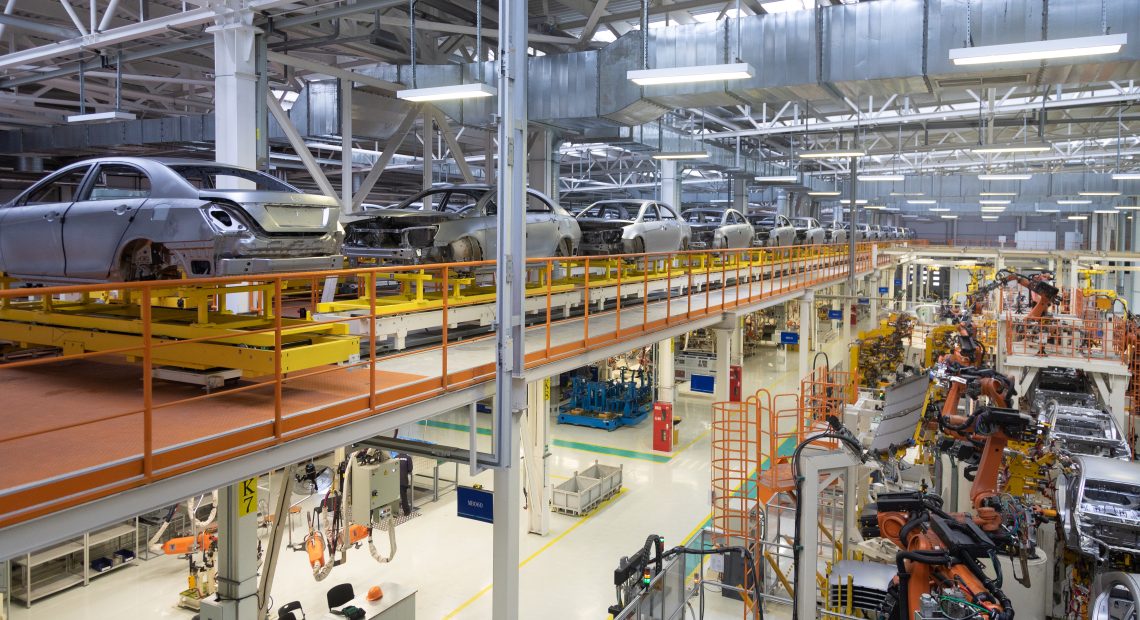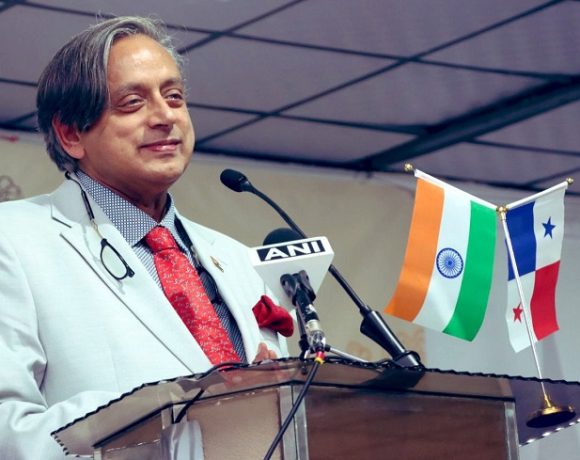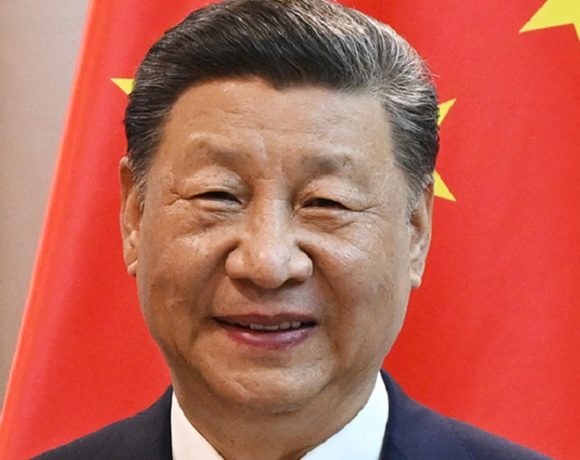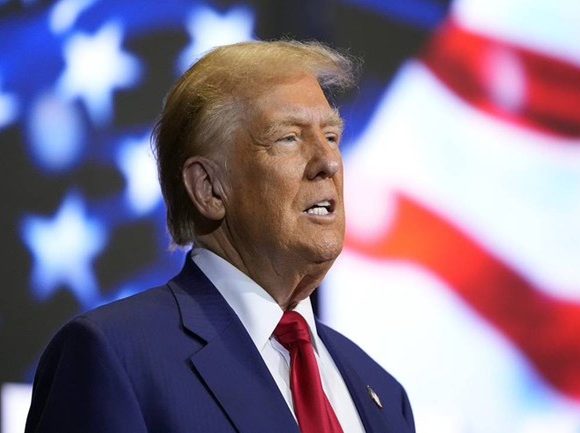
EU Pressures India to Eliminate Car Import Tariffs Amid Trade Negotiations
In the latest development of trade discussions, the European Union (EU) is advocating for the complete removal of India’s substantial tariffs on car imports. Currently, these tariffs exceed 100%, making India one of the most protected car markets globally.
India’s Position and Considerations
The Indian government has expressed a willingness to reduce these tariffs in a phased manner, aiming for a final rate of 10%. This proposal comes despite resistance from domestic automakers who argue for maintaining at least a 30% tariff to safeguard local manufacturing and the burgeoning electric vehicle (EV) sector. They also advocate for postponing any tariff reductions on EVs for the next four years to protect domestic investments.
Potential Impact on the Automotive Industry
Lowering tariffs would significantly benefit European car manufacturers such as Volkswagen, Mercedes-Benz, and BMW, granting them expanded access to the Indian market. It would also favor Tesla, which plans to introduce imported EVs from its Berlin facility into India this year.
Broader Trade Context
This push from the EU follows similar pressures from the United States, with the Trump administration also seeking the elimination of import duties on cars, including EVs, in its trade discussions with India. These external demands are intensifying the debate within India about the potential impact on domestic industries and employment.
Conclusion
As negotiations progress, India faces the challenging task of balancing international trade pressures with the interests of its domestic automotive sector. The outcome will have significant implications for both the global automotive industry and India’s economic landscape.


















